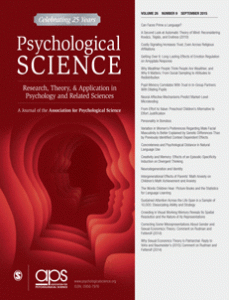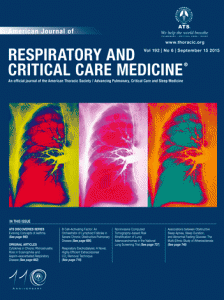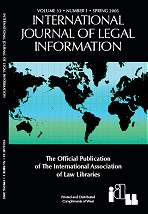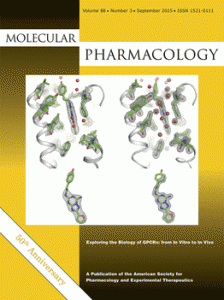![]() A paper on an equation useful in finance has been retracted after editors discovered an “identical” version had been published in another journal.
A paper on an equation useful in finance has been retracted after editors discovered an “identical” version had been published in another journal.
The paper, “On the Parametric Interest of the Black-Scholes Equation,” was published in the Thai Journal of Mathematics. According to the introduction, that equation has a practical use:
In financial mathematics, the famous equation named the Black-Scholes equation plays an important role in solving the option price of stocks
(According to The Guardian, it was “The mathematical equation that caused the banks to crash.”)
Here’s the retraction note in full:

 A 2010 paper on plant fungus has been retracted after a comment on PubPeer revealed that a study image had been flipped over and reused to represent two different treatments.
A 2010 paper on plant fungus has been retracted after a comment on PubPeer revealed that a study image had been flipped over and reused to represent two different treatments.




